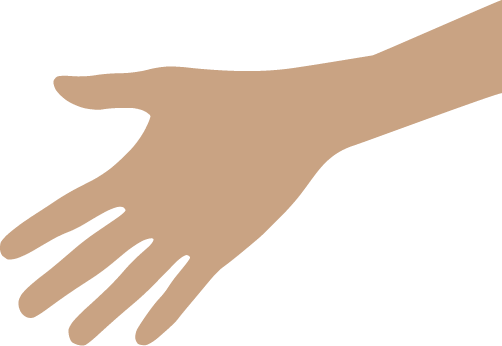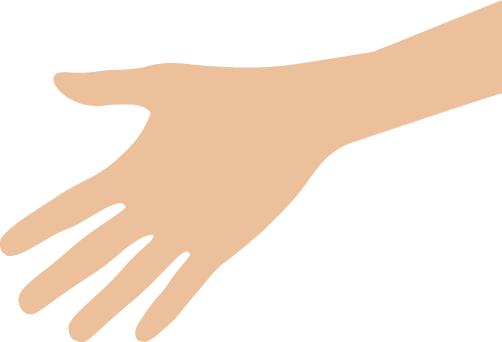0%
0%
We transfer bacteria everyday, yet Hungarian physician Ignaz Semmelweis discovered the role of hand washing in preventing cross-infection in 1847.
To grow, microbes require food, moisture and warmth, with the greatest risk of contamination in clean rooms coming from people.
Microbes can be stopped from spreading by gowning up, hand washing and disinfecting.






Under favorable conditions, one bacterium can split into 2 every 20 minutes.
0
When a living bee was trapped in the resin of a pine tree 25 million years ago, the bacteria in its gut transformed into spores, entering a hibernation-like state.
The bee was preserved in amber and scientists were able to retrieve and revive the ancient bacterium from its spore.






0%
0%
50% of all men and 25% of women fail to wash their hands after they’ve been to the toilet.
#1
Hand hygiene is the single most important method of preventing & controlling infection.
2-10
million
The number of bacteria between fingertip and elbow.

0
billion
The economic cost of lost productivity in the US due to the common cold.
The amount of seconds it takes to wash your hands properly.
The amount of hours that germs can stay alive for on hands.






When finger tests were performed on hands with varying degrees of cleanliness, conclusive results were obtained after 24 hours incubation at 37°C.
























Finger tests are performed on gloved hands in some pharmaceutical areas so that the level of microbial contamination on an operators hands when working can be evaluated.

Unwashed Gloves





Gloves Swabbed with 70% alcohol based spray




It is important that the gloves are not swabbed with alcohol based spray immediately before performing the test.